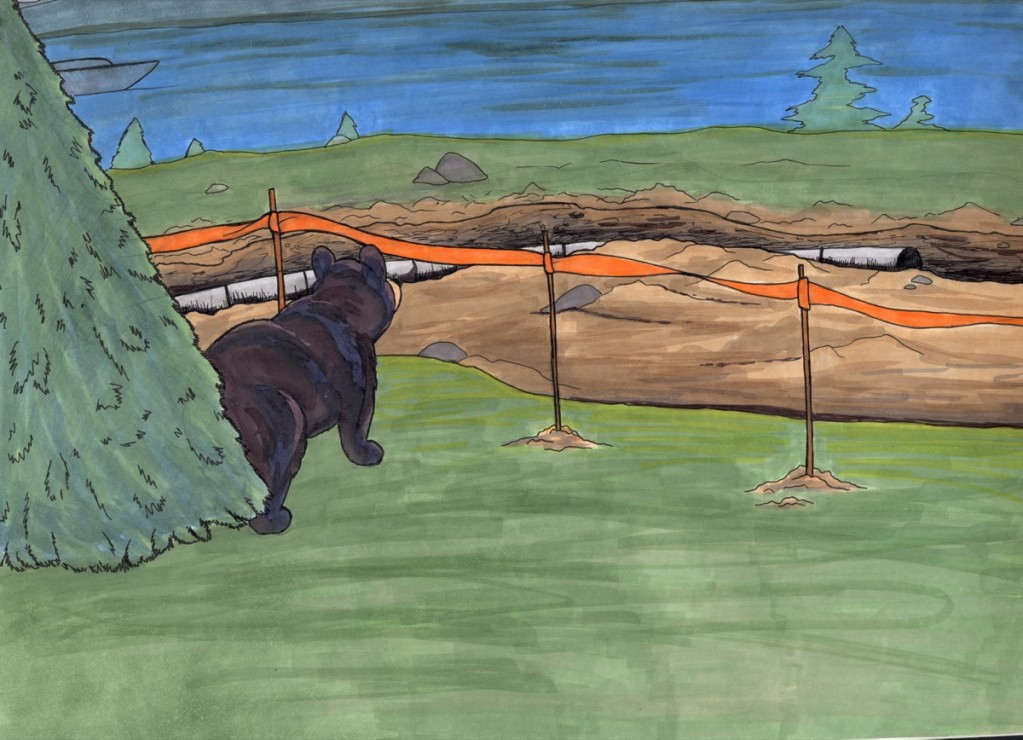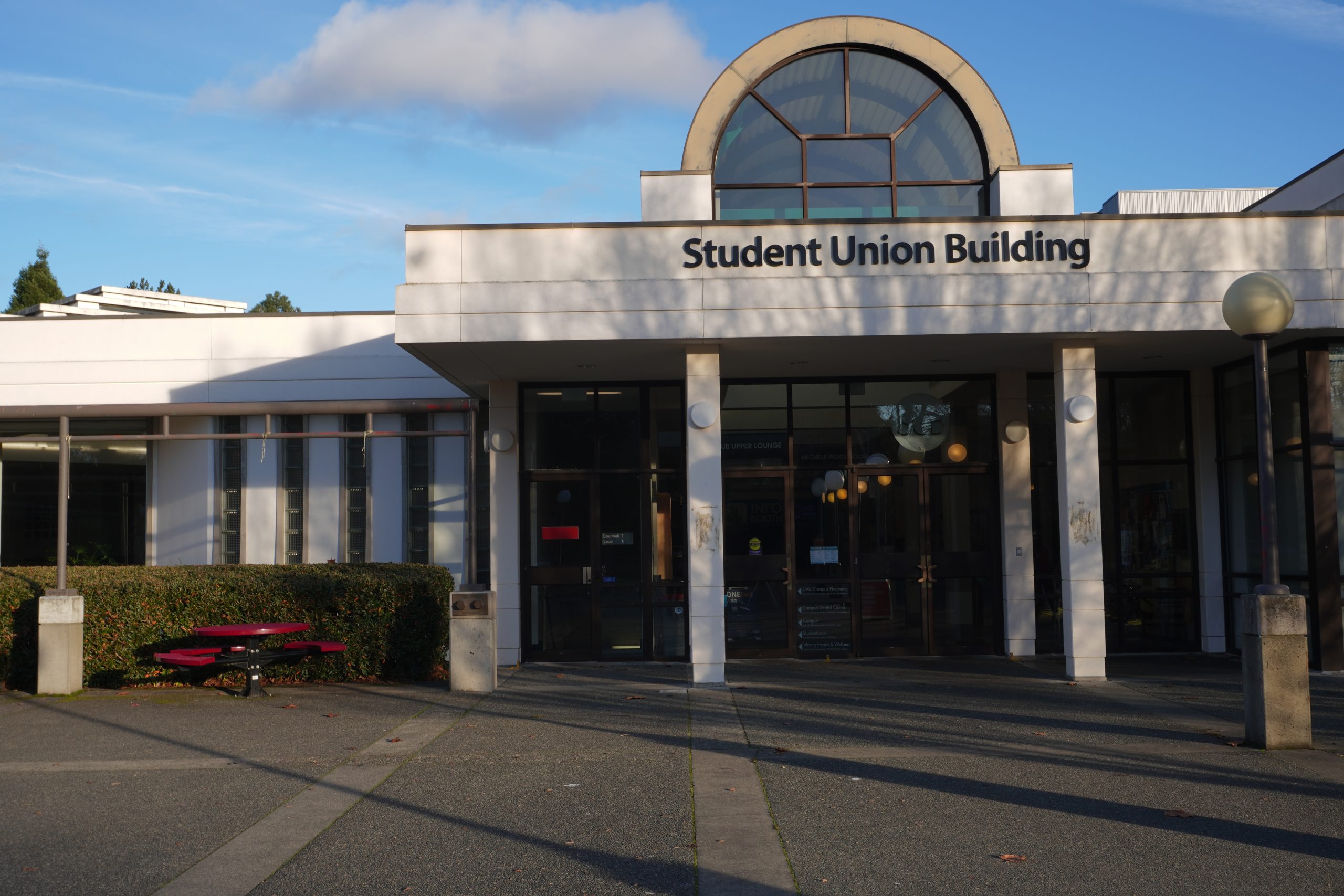In the aftermath of any major environmental disaster, it is crucial to look back and figure out if any human errors contributed to its occurrence, and use this knowledge to prevent future disasters. We, the voices of B.C., have a distinct opportunity to learn from the errors of others as we stare the $5 billion Kinder Morgan pipeline, a possible disaster waiting to happen, in the face. Thankfully, the mayors of B.C., including Vancouver’s Gregor Robertson, saw the same opportunity.
If we take a look at the BP oil spill in the U.S., the warning becomes blatantly obvious. Oil may no longer be visible on the surface of the Gulf Coast, but its impact has certainly not diminished. Since the 2010 spill, over 900 dolphins have been found dead; researchers also linked the BP oil spill to heart problems in embryonic and newborn tuna. Sadly, it doesn’t stop there.
BP began to pay out $9.2 billion to those who made claims for restoration efforts, but went on to demand repayment on a number of claims citing the payments as “absurd”. To them, this was merely a blip on their quarterly profits (the demand for fuel from Asian countries—predominantly China—remains high). No matter the outcome of the payments, their hands are essentially clean by default, and they can continue to party it up in the Hamptons, while the claims hold up the courts of New Orleans for years to come. This is not a scenario that should burden the people of the West Coast.
The B.C. government stands to earn a windfall from projects like Kinder Morgan’s or the proposed $5.5 billion Enbridge Northern Gateway pipeline, but some economists have found that the majority of new jobs are temporary and will vanish with the pipeline’s completion. For the most part, jobs will be created on the other side of the world in Asian markets. We are shipping minimally processed bitumen, thus limiting secondary job creation (the processing of bitumen) on Canadian soil.
But more important than these minor economic setbacks is the fact that we are playing Russian roulette with B.C.’s land and waterways in areas that, for the moment, are pristine. Would we really be able to face future generations and say, “Yes, it was worth it. Such a piddly amount of money most definitely balances out the fact that we cannot fish the oceans or lakes”? I think it’s highly unlikely. If—when—a spill occurs, do we really expect a large capitalist corporation to care about what might become of the land their pipeline occupied?
There is just too much risk involved with going ahead with these projects; they are not safe and certainly not foolproof. Realistically, no amount of money can ever restore the environment after a spill. Only when the B.C. government begins to look at this decision as an environmental issue, rather than an economic one, can a clear headed decision be made.








